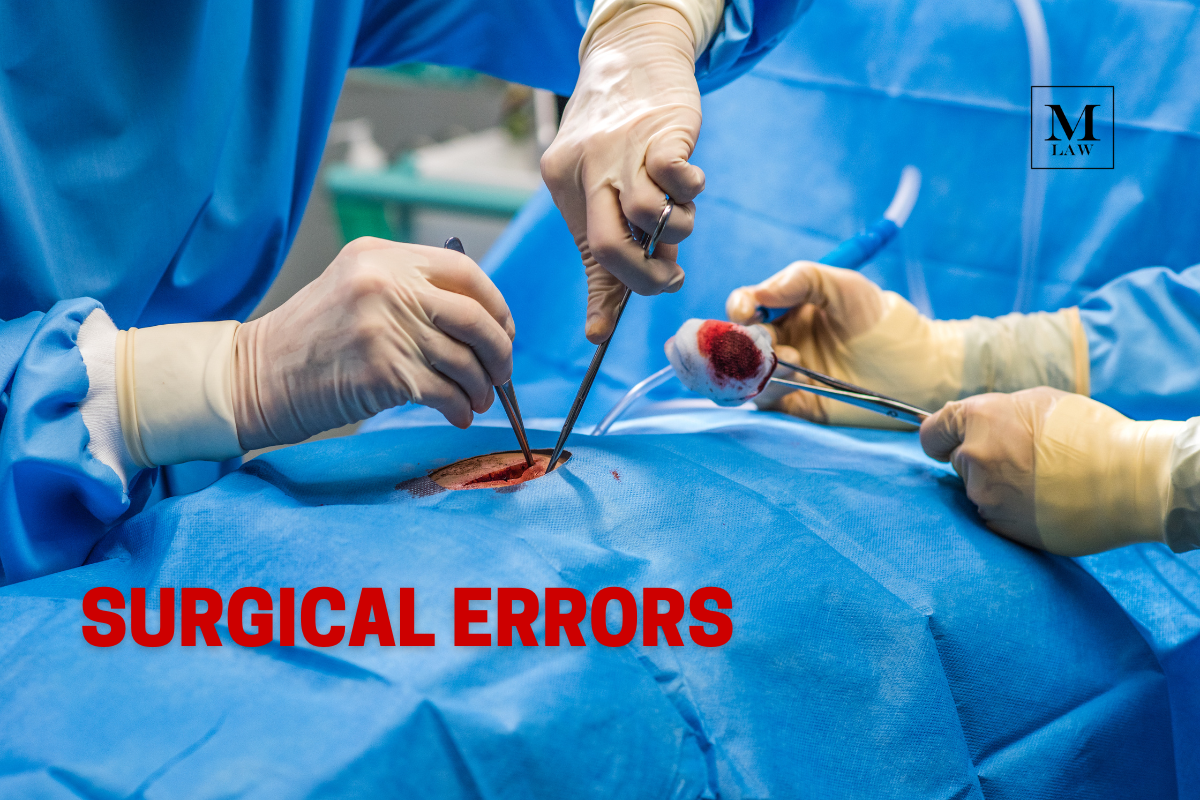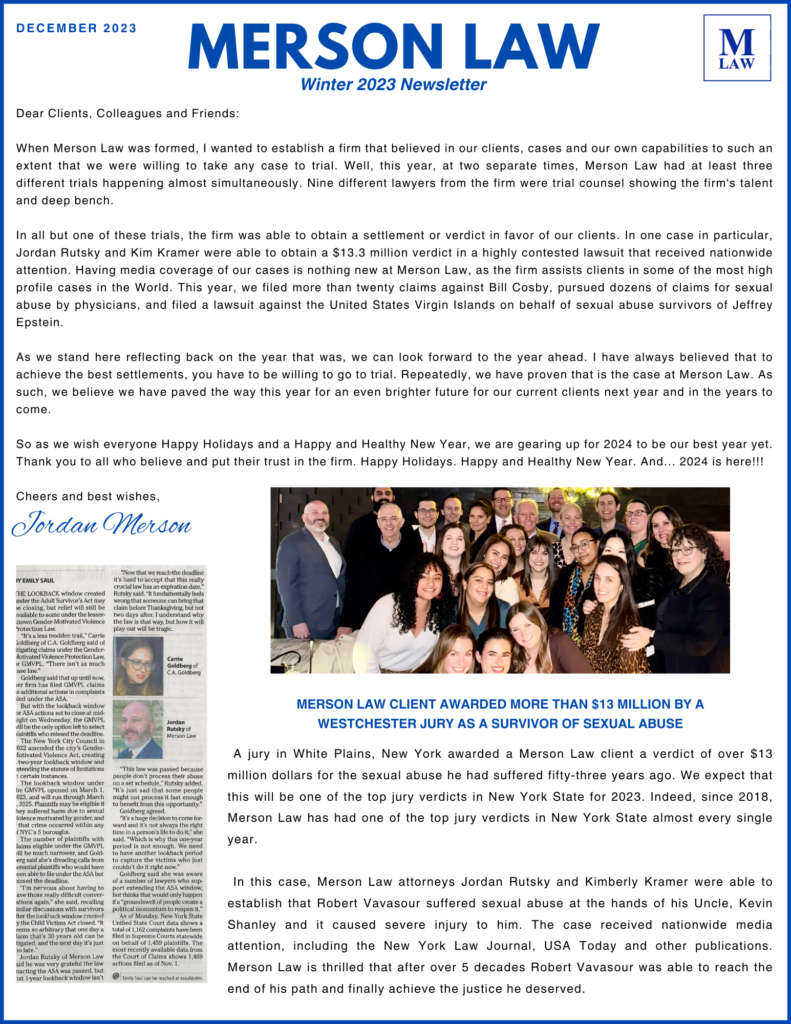Ever wonder what can happen when surgeries go wrong? A surgical error can be devastating, and even life-threatening. We’ll take a look at what surgical errors really are, and at some of the most common surgical errors.

What is considered a surgical error?
Simply put, a surgical error is a preventable mistake during surgery.
A preventable mistake in surgery is different from a surgery that didn’t work. All surgeries involve an element of risk. If you undergo a surgery, your surgeon is supposed to inform you of these risks prior to your operation. It is typical to sign a form before undergoing surgery that states you understand surgery involves certain known risks.
This is a major component of informed consent. But surgical errors can go beyond the known risks of surgery. They can also be unexpected.
For example, a patient that undergoes gastric bypass surgery risks blood clots and infection as a result of the surgery. Ideally, this should not occur, but there is a known chance that it will. Blood clots as a result of gastric bypass are not a surgical error. However, if the surgeon performing the gastric bypass accidentally cut somewhere they were not supposed to, the surgeon has made a surgical error.

What are the Most Common Surgical Errors?
Thankfully, surgical errors are rare, but here are some of the most common surgical errors that can be grounds for a medical malpractice lawsuit.
Nerve Injury
The nerves inside the human body are very small, delicate, and intricate. Severing, pinching, or otherwise damaging a nerve during surgery can lead to devastating consequences, such as paralysis or chronic pain. It is important for surgeons to be precise in their incisions and motions when performing surgery, so they don’t make errors like injuring a nerve.
Anesthesia Errors
Anesthesia errors are generally not committed by surgeons but by anesthesiologists. Anesthesia errors usually occur because an anesthesiologist gave too much or too little anesthesia to a patient, or if they neglect to account for other medications that may interact poorly with anesthesia.
For more about anesthesia errors, check out our article, Deadly and Shocking Anesthesia Errors Statistics.
Incision at the Wrong Location
Surgeons may make an incision at the wrong location on the body. This could be a few centimeters away from the correct location, or they may make an incision on the opposite side of the body from where they were supposed to operate.
For example, a surgeon performing a kidney surgery may cut on the left side of the body when they were actually supposed to make an incision on the right, or vice versa.
It’s especially important that surgeons take the proper precautions to prevent this from happening.
Operating on the Wrong Body Part
If the surgeon in the previous example removed the wrong kidney, they would be operating on the wrong body part. This would be a catastrophic mistake for the patient, as at least one healthy kidney is needed to survive.
Operating on the wrong body part is not always this extreme, but it is always a grave surgical error. If a surgeon operates on the wrong body part, not only have they made a needless incision that will need to heal, they failed to actually complete what the surgery was supposed to accomplish.
Again, it’s especially important that surgeons take the proper precautions to prevent this from happening.
Leaving Equipment Inside a Patient
Leaving a piece of surgical equipment, like sponges, or even medical instruments, inside of a patient can lead to terrible side effects like infection, internal bleeding and damage, and potentially death.
This is a careless and deadly mistake.
It should be noted that some surgeries require that some sort of medical device or object is “left behind” in a patient. Gauze is often used to pack wounds post-surgery. Sometimes medical devices must be implanted in a patient. These are things that your surgeon would inform you of prior to your surgery.
Operating on the Wrong Patient
You might think that this has never happened before, but in fact, surgeons have performed surgery on the wrong patient in the past. In 2016, a Massachusetts surgeon was accused of removing a kidney from the wrong patient.
Operating on the wrong patient is very rare, and obviously very dangerous.
It’s safe to say that if you received someone else’s surgery, you have a medical malpractice case.
Thankfully, most of these surgical errors are rare. In fact, many of these errors are never events, which doctors are rigorously trained to avoid.

Why Do Surgical Errors Occur?
As everybody is unique, every surgical error, as well as the underlying cause of the error, has the potential to be unique. That said, here are some common reasons for surgical errors:
Incompetence
Perhaps your surgeon has not performed the procedure very many times and simply lacks the skill to perform the surgery successfully.
As with all skills, practice is required to successfully master surgery, and a surgeon that specializes in one area may not have the ability to perform a different type of surgery as effectively.
Insufficient Preoperative Planning
It is critical that a surgeon be well-prepared for surgery. This can include reviewing and preparing for any complications that are likely to occur. It can also include proper preparation by nurses and assistants to ensure all the necessary equipment is ready and available when needed by the surgeon.
Improper Work Process
A hasty surgeon may mistakenly determine that certain steps during a surgery are unnecessary. They might skip a step, or perform a step out of order, resulting in a surgical error. Taking shortcuts can be very costly when it comes to surgery. It can even threaten the life of the patient.
Poor Communication
Failure to communicate properly can result in a number of critical errors. For example, a surgeon may mark the wrong site for surgery, or fail to make sure all surgical equipment is properly on hand. There can also be miscommunication about proper dosage of a patient’s medication, which could result in an anesthesia error. Any one of these failures can result in serious consequences.
Fatigue
This is quite common. Surgeons often work long shifts. This results in fatigue. A tired surgeon is more likely to make mistakes compared to a well-rested surgeon. It’s important for surgeons to recognize that fatigue can lead to errors and plan accordingly.
Drugs/Alcohol
It may be shocking to hear, but some surgeons turn to drugs or alcohol to cope with the stress they sometimes face. There have been cases in the past of doctors who killed their patients because they were drunk while practicing medicine. Under no circumstances should a surgeon operate on a patient while under the influence of drugs or alcohol.
Negligence
Sometimes surgeons are simply not as careful as they should be. This could include failing to ensure their instruments are properly sterilized. It could also include the decision to use surgical equipment known to be defective.
Actions like these are considered medical negligence.
Consider Talking to an Experienced Medical Malpractice Lawyer
If you suffered a surgical error, you should speak with a lawyer who specializes in medical malpractice. These cases can be very complex from a legal and procedural standpoint, and your chances of success increase exponentially if you hire a lawyer who has experience handling medical malpractice claims in your state’s court system.
Merson Law has extensive experience litigating medical malpractice cases, many of which have settled for over $1 million.
Get in touch with Merson Law today by filling out our contact form or by calling our office at the number above.







